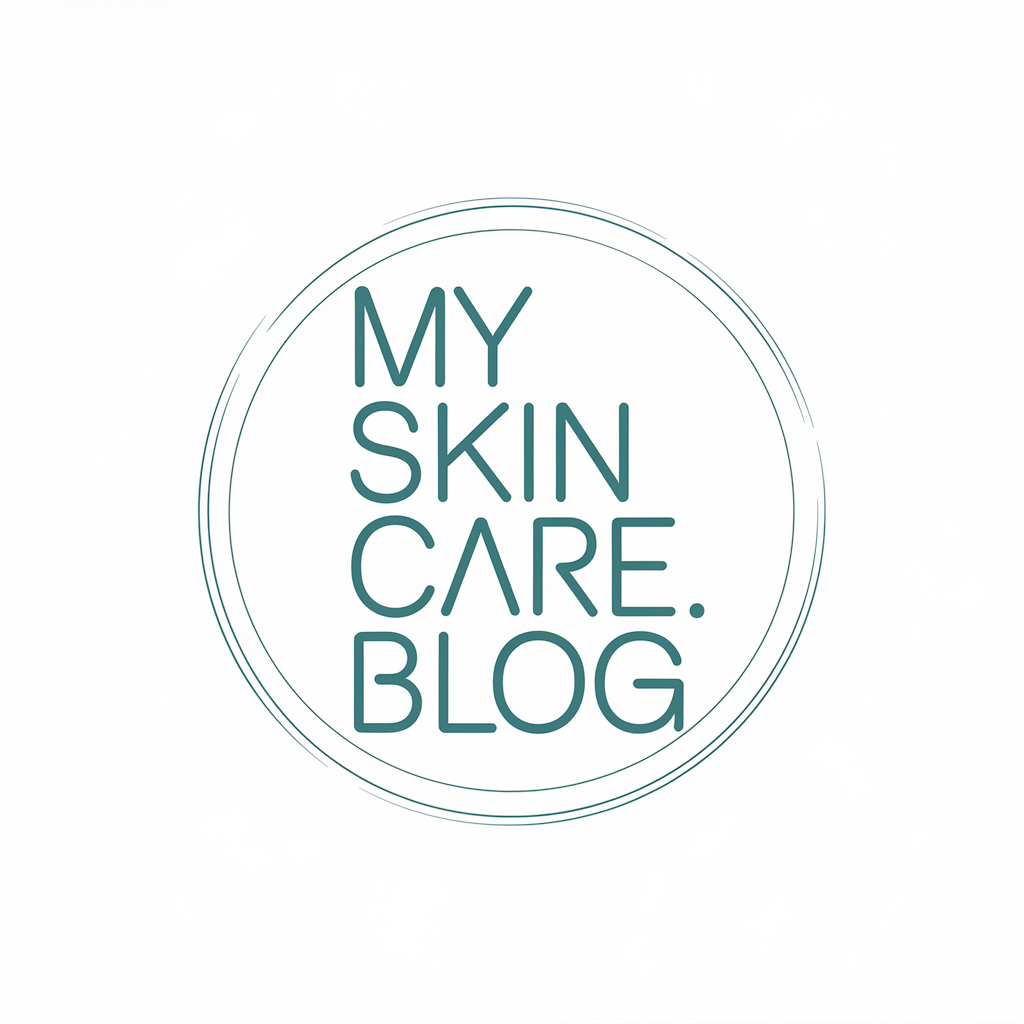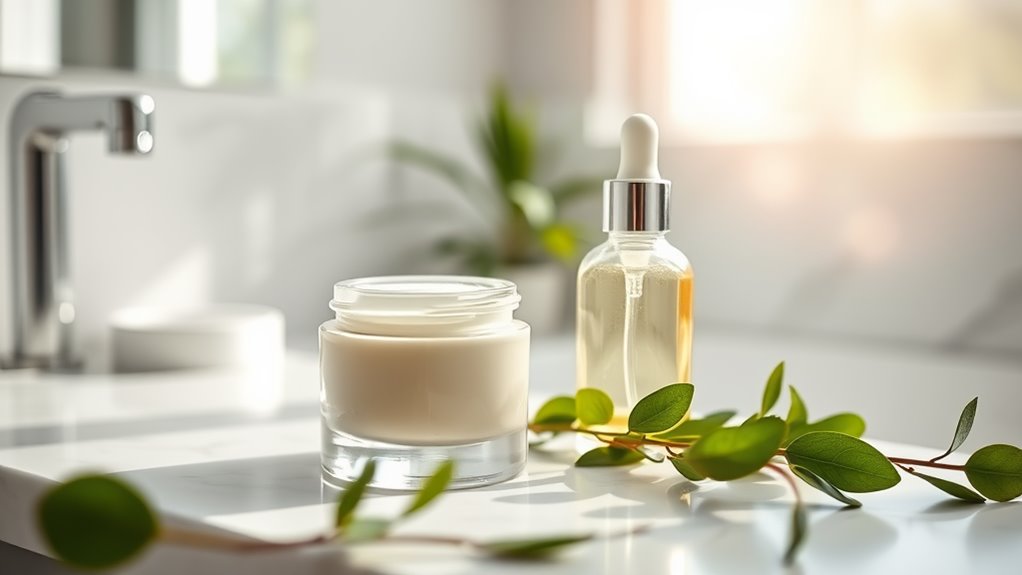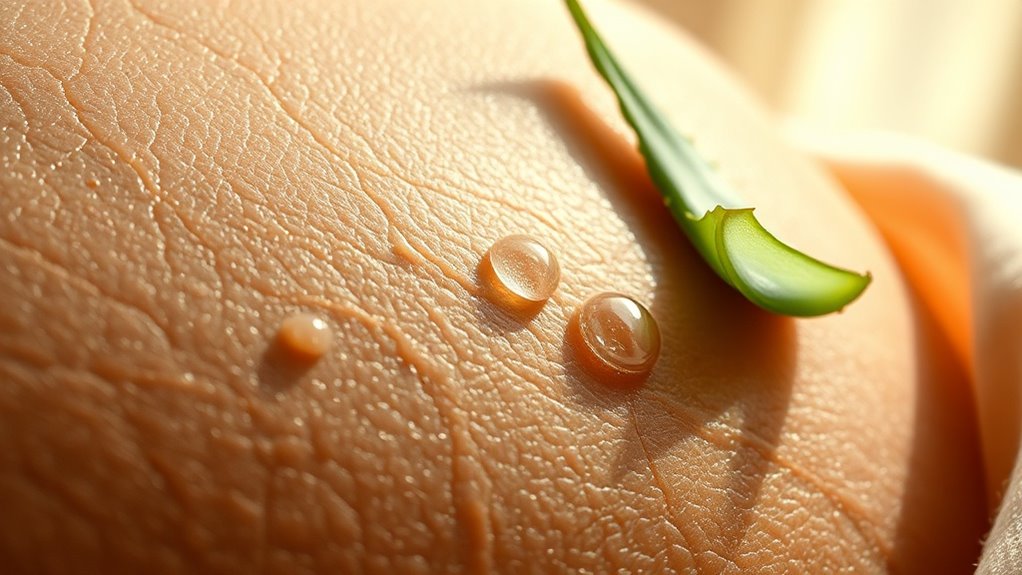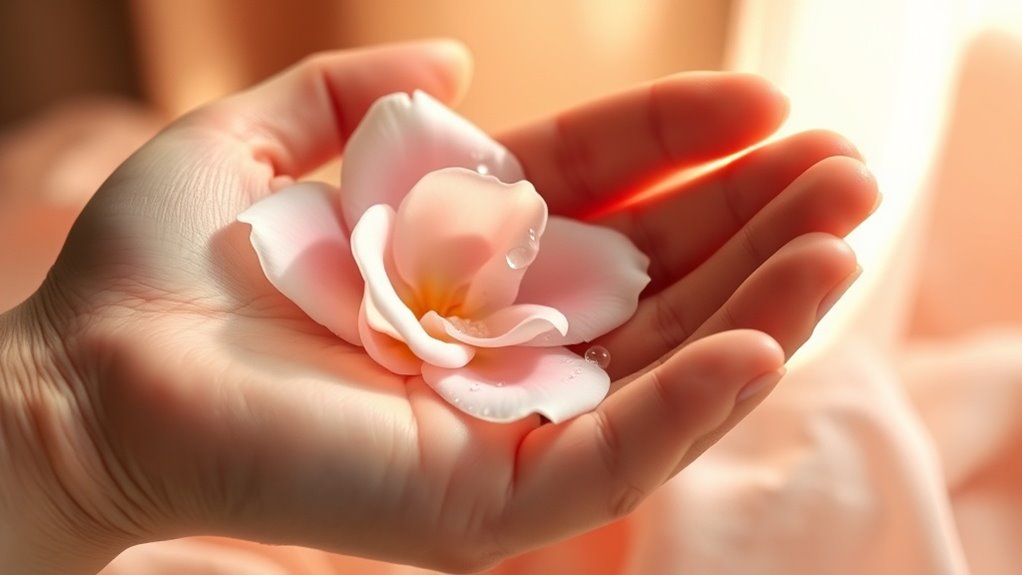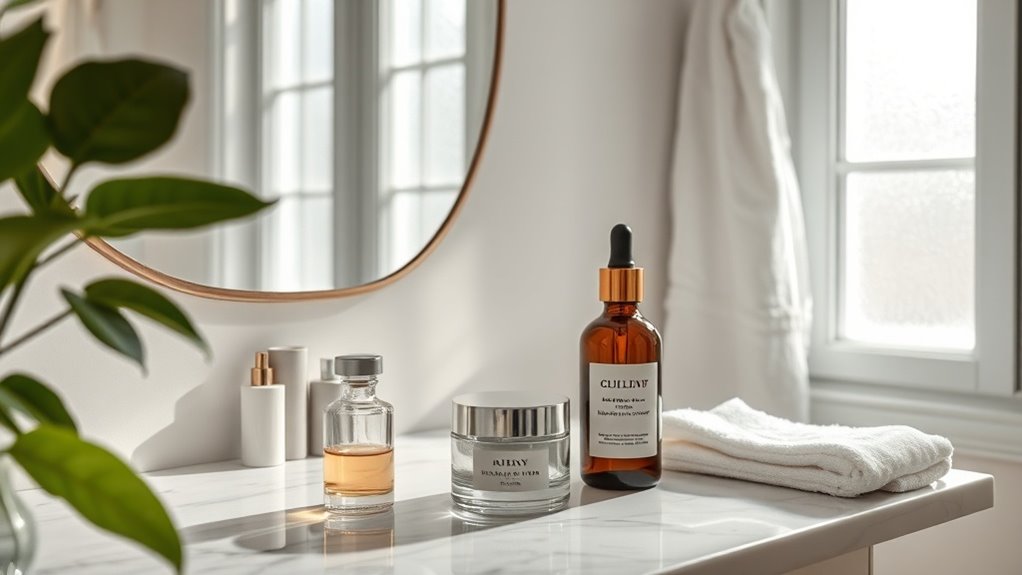How to Fade Acne Scars Fast-This Method Is a Game-Changer!
If you’re struggling with acne scars, you know how frustrating they can be. Fortunately, there are effective methods to fade them quickly. By combining professional treatments with the right skincare products, you can see significant improvements in your skin’s texture. But what exactly should you consider to make this process faster and more effective? Let’s explore some game-changing strategies that could transform your skincare routine.
Understanding Acne Scars: Types and Causes
Understanding acne scars is essential for anyone looking to improve their skin’s appearance. You mightn’t realize that not all scars are created equal.
There are different types, mainly atrophic, hypertrophic, and keloid scars, each stemming from various causes of acne. Atrophic scars, like icepick or boxcar scars, occur when your skin loses collagen during the healing process.
On the other hand, hypertrophic and keloid scars form when your body produces too much collagen. Knowing these differences can help you choose the right acne scar removal method tailored to your skin’s needs.
In addition, exploring both natural remedies and professional treatments can enhance your approach to fading these scars effectively.
Whether it’s laser treatments, microneedling, or chemical peels, having a clear understanding of your scars and their origins can empower you.
You’re not alone in this journey, and with the right knowledge, you can take confident steps towards clearer skin and a renewed sense of belonging in your community.
The Role of Skincare Products in Fading Scars
While you might think that fading acne scars requires professional treatments, the right skincare products can play a crucial role in your journey to clearer skin. Start by incorporating products that contain ingredients like vitamin C, retinoids, and hyaluronic acid.
These ingredients not only promote skin cell turnover but also help brighten your complexion and improve texture.
Don’t underestimate the power of exfoliation, either. Chemical exfoliants with AHAs and BHAs can help slough off dead skin cells, revealing fresher skin underneath.
Remember to stay consistent with your routine; results take time, but they’re worth the wait.
Hydration is equally important. Moisturizers keep your skin barrier strong, allowing your treatments to work more effectively. Incorporating retinol into your routine can further enhance the fading process by promoting collagen production and accelerating cell turnover.
You’re not alone in this journey—many have successfully faded their scars with the right products. Embrace the process, and soon you’ll see the progress you’ve been working so hard for.
Natural Remedies That Work Wonders
In addition to skincare products, natural remedies can also be effective in fading acne scars. You might be surprised at how simple ingredients from your kitchen can work wonders.
For instance, honey is a natural moisturizer with healing properties. Apply it directly on your scars, leave it for 20 minutes, and rinse off.
Aloe vera is another powerhouse; its soothing gel promotes skin regeneration, helping to lighten scars over time.
Don’t forget about lemon juice! Its natural acidity can brighten your skin, but be cautious—always dilute it with water, and don’t use it before sun exposure.
Lastly, consider using coconut oil, rich in antioxidants, to hydrate your skin and reduce the appearance of scars. These natural remedies are particularly effective for hyperpigmentation due to their nourishing and healing properties.
These remedies not only help fade scars but also foster a sense of community as you share your journey with others. Embrace these natural options and watch your skin transform!
Professional Treatments for Quick Results
If you’re looking for faster results in fading acne scars, professional treatments can be a game changer.
These options not only speed up the healing process but also give you the confidence boost you need.
Here are three popular treatments to consider:
-
Laser Therapy: This method uses focused light to target damaged skin, promoting new cell growth and reducing scars effectively.
-
Chemical Peels: A dermatologist applies a solution to exfoliate the skin, revealing smoother layers underneath and diminishing the appearance of scars.
-
Microneedling: Tiny needles create micro-injuries in the skin, stimulating collagen production and helping to improve texture and tone over time.
Additionally, combining these treatments with salicylic acid can enhance their effectiveness by targeting acne at its source.
Choosing the right treatment depends on your skin type and scar severity, so consult a professional to find the best option for you.
Investing in these treatments can help you feel more comfortable in your skin, and that’s something we all deserve!
Lifestyle Changes to Support Scar Healing
To effectively support the healing of acne scars, adopting certain lifestyle changes can make a significant difference.
Start by prioritizing a balanced diet rich in fruits, vegetables, and healthy fats. These foods provide essential nutrients that promote skin repair. Staying hydrated is crucial, too—drink plenty of water to keep your skin elastic and healthy.
Incorporate regular exercise into your routine; it boosts circulation, helping to deliver oxygen and nutrients to your skin.
Don’t forget about sleep! Aim for 7-9 hours each night to allow your skin time to regenerate.
Minimize stress by practicing mindfulness or engaging in activities you love, as stress can hinder healing.
Lastly, avoid picking at your skin or using harsh products, as these can worsen scars. Additionally, consuming a diet high in vitamins and minerals can significantly enhance your skin’s healing process.
Tips for Maintaining Clear Skin After Treatment
Maintaining clear skin after treatment requires consistent care and attention. To keep your skin looking fresh and radiant, follow these essential tips that foster a sense of community and support among those on a similar journey.
-
Stick to a Routine: Develop a daily skincare routine that includes cleansing, moisturizing, and sun protection. Consistency is key, and sharing your progress with friends can motivate you!
-
Stay Hydrated: Drink plenty of water throughout the day. Hydration is crucial for skin health, and discussing your hydration goals with others can create a sense of camaraderie.
-
Limit Makeup Use: Give your skin a break by minimizing heavy makeup applications. Embrace your natural beauty and encourage others to do the same—you’re all in this together!
-
Be Aware of Triggers: Recognize that certain everyday habits, like touching your face or using dirty towels, can lead to breakouts and trigger acne.
